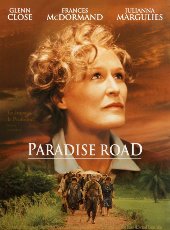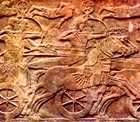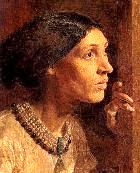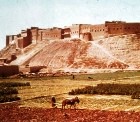Bible study activities: ideas, resources
Some questions about Deborah’s story:
Read the text of Deborah’s story at Deborah: the Bible text.
Now think about these questions:
 Why do you think Deborah’s story was included in the Bible? Surely it’s too violent?
Why do you think Deborah’s story was included in the Bible? Surely it’s too violent?- What is the main idea/message to take away with you? You, personally.
- Which character in the story do you identify with? Does this tell you something about yourself?
- What is the image of God in this story? Does it surprise you? Do you agree/disagree with this image?
- Would you change the ending of the story in any way, if you were telling it for the first time, and no-one but you knew you had changed it?
Discussion: Jael versus David
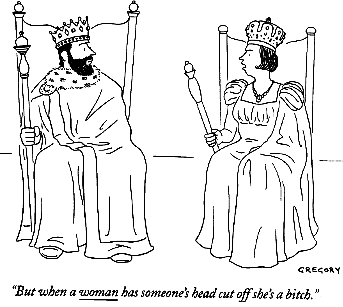 The stories of Jael and the young King David are similar. God inspires an unlikely hero/heroine to attack and kill a much stronger, more ferocious foe, and save the Israelites.
The stories of Jael and the young King David are similar. God inspires an unlikely hero/heroine to attack and kill a much stronger, more ferocious foe, and save the Israelites.
Yet there is a great difference between the fame of David and Jael. Everyone knows the story of David and Goliath, (see Bible Men and Women: David if you aren’t familiar with David’s story), but few people have heard of Jael.
- Why is this so? Think about it, and maybe discuss it in a group to get other people’s ideas.
- List the reasons – yours and other people’s.
- Choose your favourite, then explain why you have chosen it.
Women in movies about war
Stage 1: Make up a list
List some movies about women in war. You can choose recent films or classics like Rome, Open City or Two Women. If this is a group activity, try to choose movies most people know.
Stage 2: Glance over your list, then analyse it
1. Have you chosen movies that are realistic, or do you prefer ones that are inspiring/uplifting?
2. Is war too grim a subject to depict truthfully in a film?
3. Do you have favorites that are both realistic and inspiring?
4. What does this say about you and what you find most satisfying in a story?
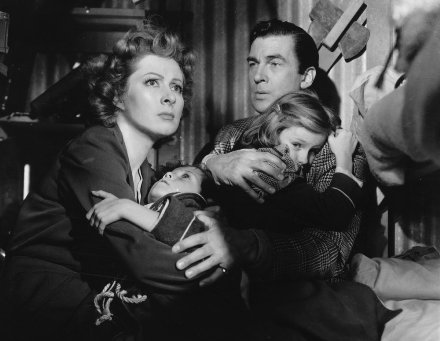
‘Mrs Miniver’, the story of a British woman in rural England during World War II
Stage 3: Choose the movie you like best
- What are the central relationships in the movie?
- Is the relationship shown in a realistic light?
- Do any of the scenes remind you of your own life or experiences?
You may not have experienced war itself, but perhaps you know what it’s like to be related to someone who is fighting a war.
And of course war is just an extension of the conflict we can experience in our family or community. Perhaps you know what that is like, even if you have only been a bystander.
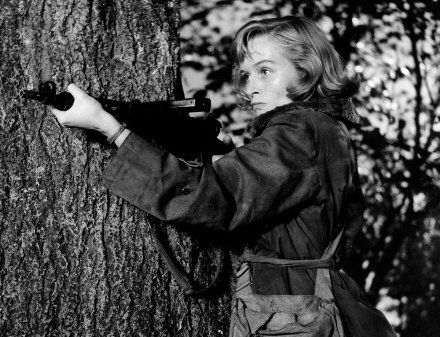
‘Carve her name with pride’, the story of Violette Szarbo, captured and executed during World War II
Stage 4: Think about your choices
Group activity: discuss these questions, making sure everyone in the group has a chance to talk about their ideas and experiences.
Individual activity:
- sit down for a few minutes and focus your mind
- make a quick list of your favorites
- read through the Stage 3 questions above, and think about them as you do your daily tasks.
Comparing the stories
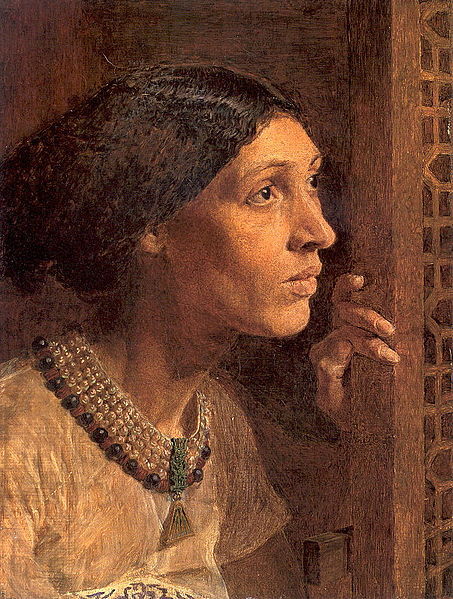
The Mother of Sisera, A.J.Moore. She waits by the window for her son’s return. He will never come.
The story of Jael is told in prose (Judges 4) and poetry (Judges 5). Go to Bible text: Deborah to find passages from both accounts that describe the same incident.
- What are the main differences that you see?
- Which of the two forms is the more effective?
Would you like to write a third version of your own?
Warfare in ancient times
Research methods of warfare in the period of the Judges – this website has a section on War in the Bible: weapons, strategies, chariots, armor, etc.
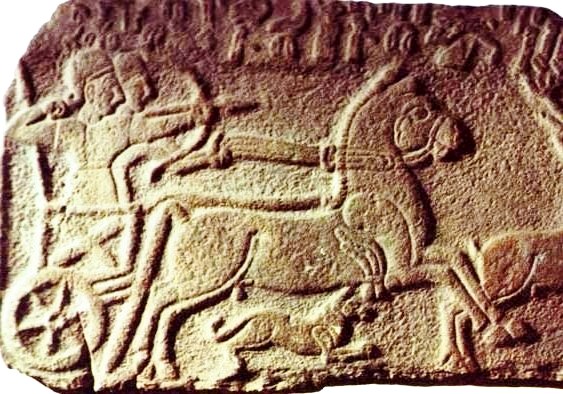
Heavy wheeled chariots carrying an archer and a driver; Sisera used similar chariots. Notice the large hunting dog running alongside; these were specially trained for battle
Or you can see the pages under War in the Bible & Weapons on the Home Page. Have a look at this material to gather information on
- the types of weapons used at the time
- different methods of fighting
- the size and organization of armies
- the topographic layout of the site of Deborah and Barak’s battle.
You might want to present your material to an audience – you can give your information visually, using maps, drawings, models, etc.
What lessons can we learn from Deborah’s approach to the battle?
In depth study of one person’s story
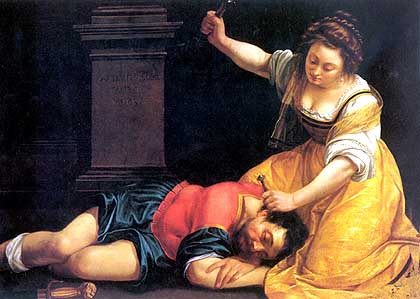
Jael and Sisera; Artemesia Gentileschi
Choose one of the people in this story (Jael, Sisera, Deborah, one of the soldiers in either army) and develop a presentation about them.
The presentation should include
- a supporting image/picture/painting of each person
- a map of Israel showing the cities and areas where the story took place
- the battle plan that won the day for the Israelites.
In your presentation, answer the following questions:
1. What are the main events of the person’s life? Tell the story.
2. What were their main qualities? What made them stand out from the crowd?
3. What obstacles did they face? Did they overcome them, or go with the flow? Explain.
4. How did they use their abilities to do God’s work?
5. Which part of their story appeals to you most? Why?
Include three short quotations from the Bible to illustrate the points you are making.
Drawing a cartoon
Collect examples of modern satirical cartoons about war and fighting. How do they make fun of the person/situation they are depicting?
Using modern cartoons as your example, draw a cartoon
- that shows the scorn of the Israelites, and the glee in the Song of Deborah after the Canaanites lost the battle, or
- your opinion of a current political situation.
Focus Questions
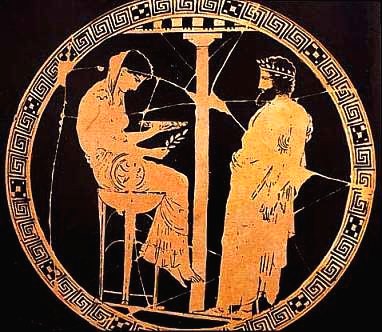
The Oracle at Delphi. People travelled many miles to hear the advice of the Oracle, just as they did to hear Deborah’s judgements
1. What are the most interesting moments in Deborah’s story?
2. In the story, who acts? Who gets what they want? If you were in the story, which person would you want to be friends with? Which person would you want to avoid?
3. What is God’s interaction with the main character? What does this tell you about the narrator’s image of God? Do you agree with this image?
4. What is happening on either side of the story, in the chapters before and after it? Does this help you understand the story?
5. The narrator/editor has chosen to tell some things and leave other things out. What has been left out of the story that you would like to know?
6. Are the characteristics and actions of the people in the story still present in the world? How is the story relevant to modern life, especially your own?
Movie quiz
Can you name these movies about women who fought back?
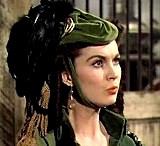

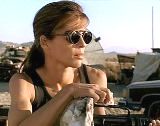

Links for
Deborah
& Jael
© Copyright 2006
Elizabeth Fletcher

